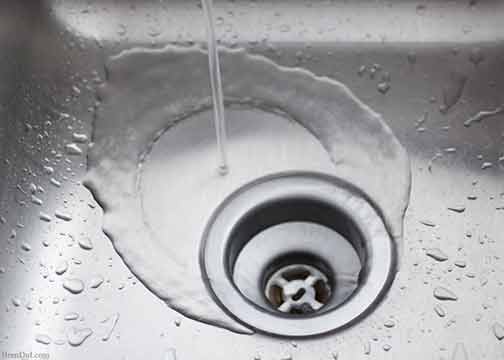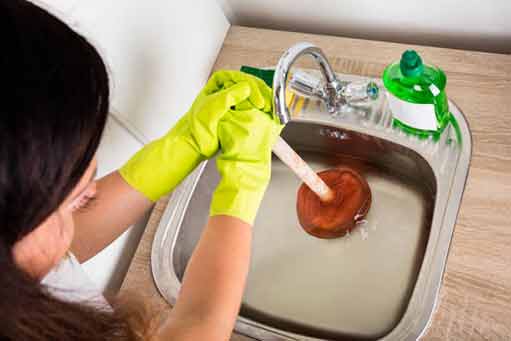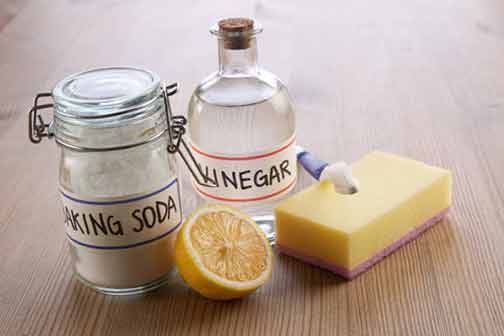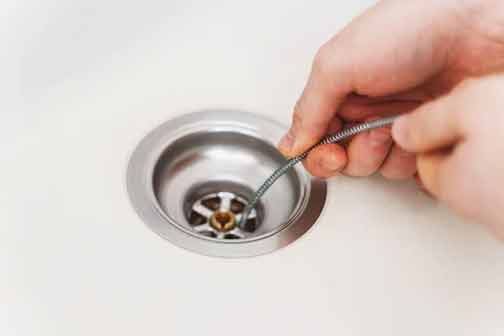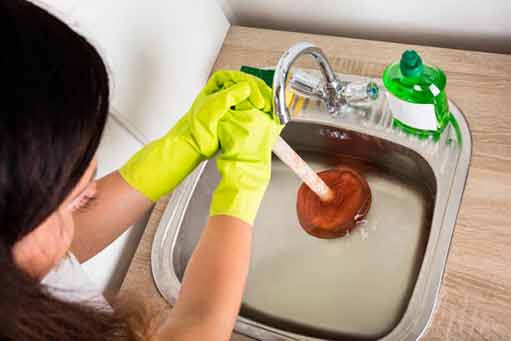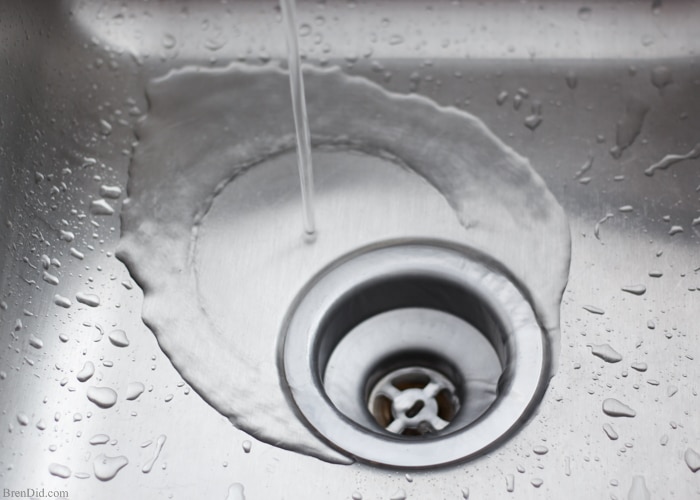As a homeowner, a clogged kitchen sink is a frustrating and inconvenient problem that can disrupt your daily routine. However, before you reach for the phone to call a plumber near you, it’s worth exploring some do-it-yourself methods to unclog your kitchen sink. With the right tools and techniques, you can save both time and money by addressing the issue yourself. This article will guide you through the proper way to unclog a kitchen sink.
Identifying the Cause of the Clog
Before attempting to unclog your kitchen sink, it’s important to first identify the cause of the clog. By understanding what’s causing the blockage, you can choose the most appropriate method to address it. Here are some common culprits:
- Food debris: Over time, food particles can accumulate in the sink drain, causing a blockage.
- Grease buildup: Pouring fat or cooking oil down the drain can result in a buildup of grease, which can clog the pipes.
- Foreign objects: Small objects, such as utensils or small toys, may accidentally fall into the sink and cause a clog.
Once you’ve identified the likely cause of the clog, you can move on to the next step.
Using a Plunger to Clear the Clog
A plunger is a useful tool for unclogging kitchen sinks. Follow these steps to properly use a plunger:
- Ensure there’s enough water in the sink to cover the suction cup of the plunger.
- Place the plunger over the drain, ensuring a tight seal.
- Apply firm, downward pressure on the plunger handle to create suction.
- Vigorously plunge the drain up and down for about 20-30 seconds.
- Remove the plunger and check if the water drains freely. If not, repeat the process a few times.
If the plunger method doesn’t work, you may need to try an alternative approach.
Using Baking Soda and Vinegar
Another effective method for unclogging a kitchen sink involves using a combination of baking soda and vinegar. Here’s how to do it:
- Remove any standing water from the sink using a bucket or ladle.
- Pour a cup of baking soda down the drain.
- Fallow it with a cup of vinegar.
- Cover the drain opening with a plug or a cloth to contain the chemical reaction.
- Allow the mixture to sit for around 30 minutes.
- Remove the cover and flush the drain with hot water.
This method can effectively dissolve grease and grime accumulated in the pipes, helping to clear the drain clog.
Using a Plumbing Snake
If the above methods fail to unclog your kitchen sink, it may be time to use a plumbing snake. Here’s how to do it:
- Insert the end of the snake into the drain, turning the handle clockwise as you push it forward.
- Keep extending the snake until you feel resistance.
- Rotate the snake counterclockwise to help break up the clog.
- Gently pull out the snake, hopefully bringing the clog with it.
- Flush the drain with hot water to ensure it’s completely clear.
A plumbing snake is a great tool to have at hand for stubborn clogs that other methods cannot tackle.
Preventing Future Clogs
Now that you’ve successfully unclogged your kitchen sink, it’s important to take steps to prevent future clogs. Here are some preventive measures:
- Avoid pouring grease or cooking oil down the drain.
- Use a sink strainer to catch food particles, preventing them from going down the drain.
- Regularly clean the sink drain by pouring boiling water down it.
- Consider using enzyme-based drain cleaners on a monthly basis to keep pipes clear.
By incorporating these preventative measures into your routine, you can minimize the frequency of clogged kitchen sinks.
Conclusion
Clogged kitchen sinks can be a hassle, but with the proper techniques, you can resolve the issue on your own. By identifying the cause of the clog and using practical methods such as plunging, baking soda and vinegar, or a plumbing snake, you can successfully unclog your kitchen sink. Additionally, taking preventive measures can help avoid future clogs and keep your kitchen sink functioning smoothly. With these tips in mind, you can confidently tackle any clog that comes your way.
